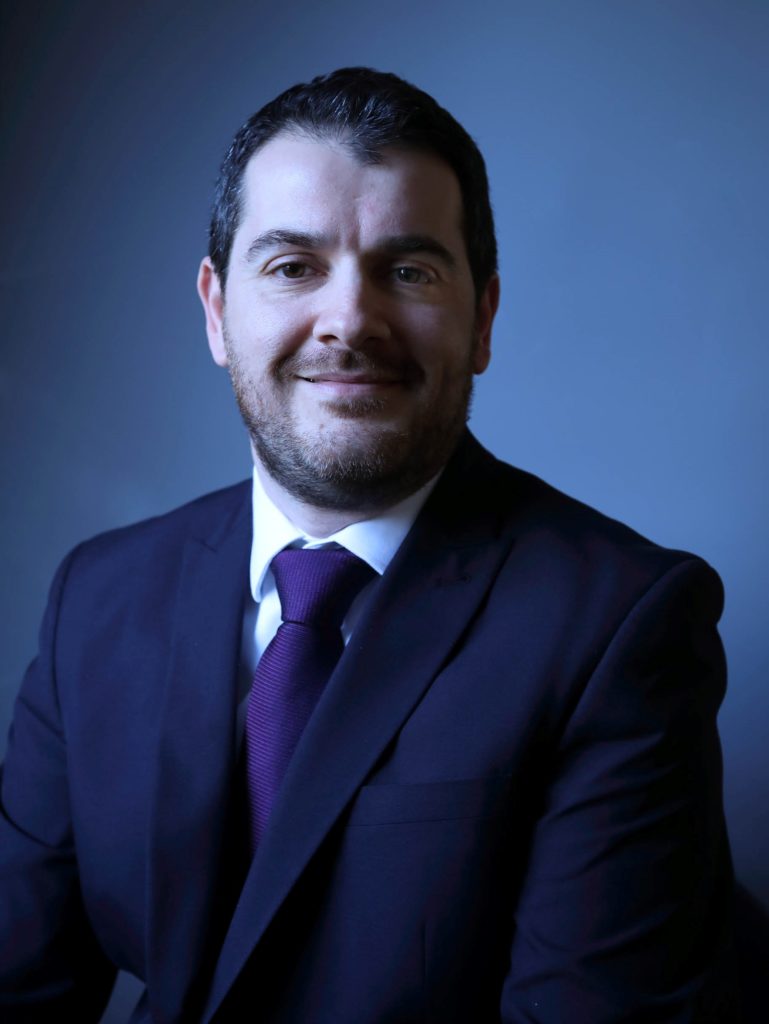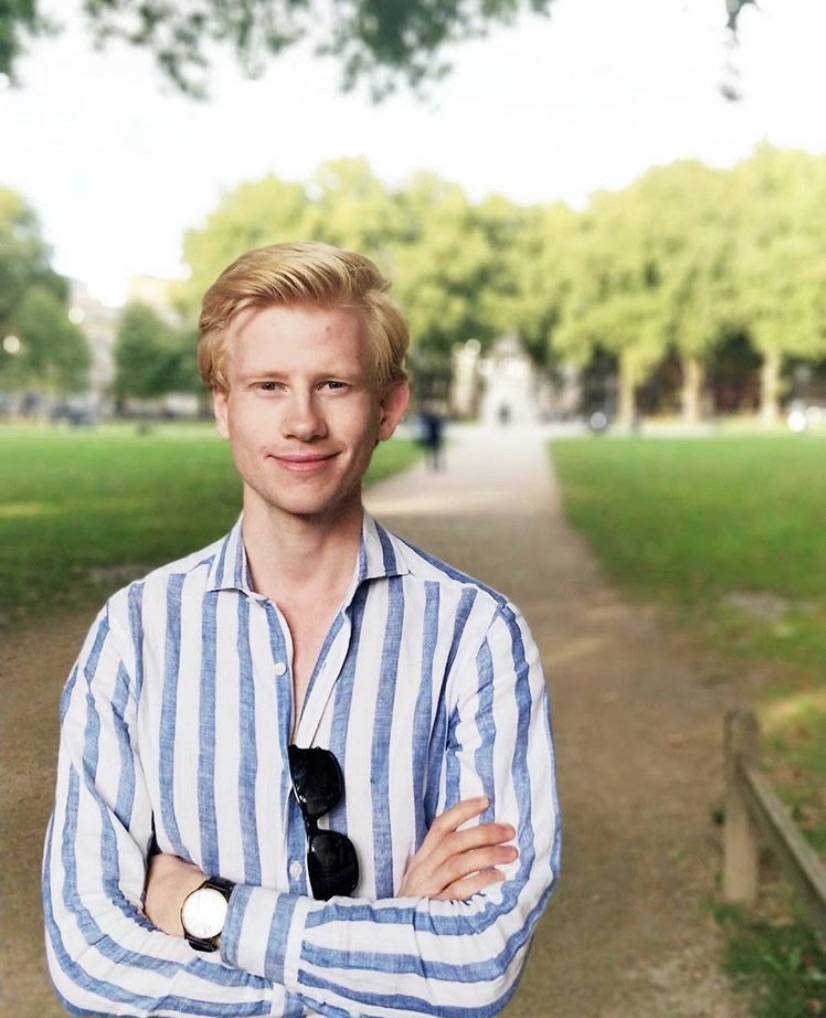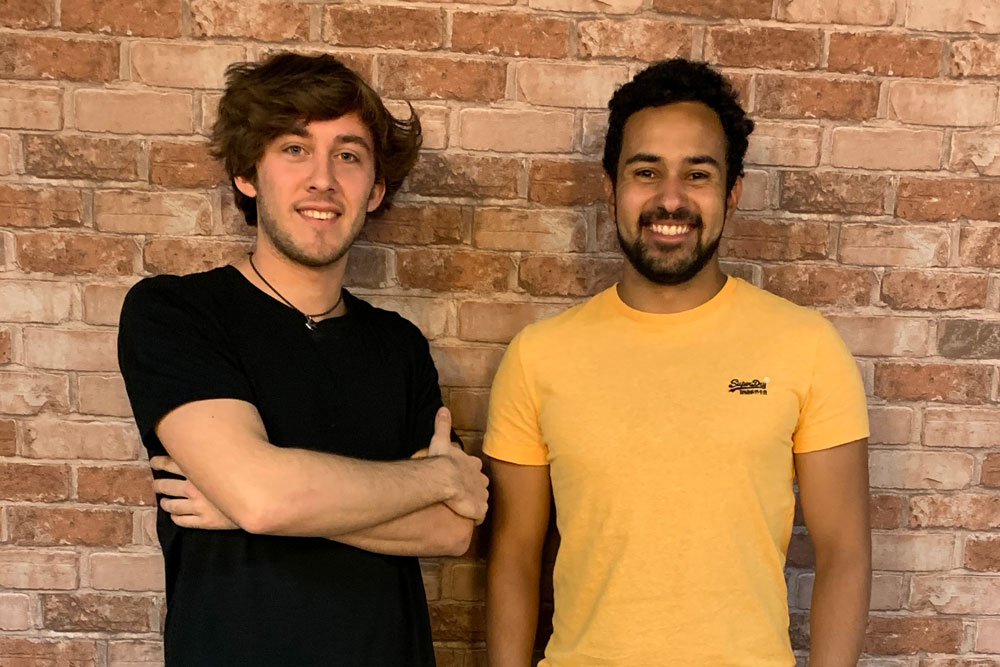Jamie Hannon graduated with distinction in MSc Management with Business Innovation from Birkbeck’s School of Business, Economics and Informatics. Working for the Barbican and Culture Mile Learning during his studies, Jamie put theory into practice and interrogated practice with theory, linking the creative arts with skills in innovation to create the Fusion Futures skills and employability programme.
Creativity and the arts are recognised for their contribution to innovation. Yet, space for creativity is often sidelined by business and education. Even those working in arts and culture play into this narrative that creativity exists as a separate ‘nice-to-have’. This comfortable status quo has a lot to do with how we evaluate and talk about our arts and culture initiatives.
In 2020, I was lucky that my organisation was in a position to retain its workforce. It allowed me some creative space to develop a new learning programme based on the provocation ‘how can we best prepare young people for the as-yet-unknown jobs of the future’. To really interrogate the possibilities, I drew upon my arts background and my burgeoning knowledge of innovation as part of my studies towards an MSc Management with Business Innovation at Birkbeck.
Knowledge sharing as a tactic against future challenges
Influenced by the academic discourse, a possible solution started to emerge. Skills in knowledge sharing might be the only ones relevant when future jobs are unknown. Knowledge sharing – the donating and collecting of information that is then utilised by the receiving individual as knowledge – is considered a key behaviour within innovation-led learning organisations. This was sounding like a promising direction to take the programme in.
Of course, it made sense to me that knowledge sharing as a learning tactic could be deployed against future challenges. But would the young participants understand this? Participants likely wouldn’t articulate it in clear academic terms. So, how were the programme outcomes going to be measured? I had spent a lot of time on the programme and had promised its stakeholders a full and extensive evaluation. The choice of possible quantitative and qualitative methods was, for a while, disabling.
I had to stop and cut myself some slack, as they say. I had to strip back my thinking to the level of an individual taking part. In order to evaluate the programme, what did I need to know from the young students? Were they aware that they had experienced knowledge sharing in the workshop?
Picturing the experience
My logic was this: participants might not be able to fully articulate their experience of knowledge sharing, but they would give away clues about how they understood their experience through linguistic pictures in their responses. We often use linguistic pictures to create an understanding of something. (For example, ‘feeling down’ provokes an understanding of a person’s mood in a picture form – we imagine a person looking down or lacking energy so therefore sitting down.) So, I decided to conduct loosely structured interviews that allowed participants the space to fully describe their experience in their natural vocabulary.
Revealing something hidden
“I was showing my creative mind”, one said. “There was more to it”, “I saw the meaning behind their picture”, others said. “I delved deep into my soul”. “I could really see”.
A common linguistic picture appeared, the experience of revealing something to others or having something revealed to them. Although the young students had not used the words share, give, or take, they were describing how they were giving information about themselves to others and then receiving information from others in return. The donating and collecting of knowledge had been experienced, and interestingly, it was at the level of identity.
The role of identity in knowledge sharing
The artist facilitators instinctively started with teamwork activities that explored identities. One artist’s exercise was to take a polaroid of how the student saw themselves, then a second of how they thought others saw them. Each picture was an agent for discussion and became an indirect and less pressurised way to share.
I realised that before sharing complex information and before utilising it as knowledge towards challenges, participants were sharing who they were with each other. They had been supporting each other to share their authentic selves, which created a shared psychological safety within which the rest of the workshop activities could be conducted.
This was an important revelation for me. Returning to the academic discourse, I found that identity and self-concept are linked to a person’s understanding of their own knowledge and abilities and whether they feel comfortable to share; a self-confidence to offer a contribution and a humbleness to know how others can contribute.
Empowered with these findings, I can talk about this new programme and its impact on innovation. I can say that through understanding who they are and what knowledge, insights and experiences they bring to the group, participants have practised knowledge sharing. They feel open and confident to take part in collaboration and collective problem solving.
Tailoring the learning experience
For the degree, I achieved distinction and received an award of academic excellence. But it wasn’t all hard work. I enjoyed the experience because I took the advice given to me in a Birkbeck dissertation seminar. Their recommendation was to investigate a topic that was of interest to me; that I could apply to my career or other ambitions, and that I would feel proud and empowered to know more about. This advice, coupled with the course’s flexible approach to module selection meant that I tailored my learning to me and my ambitions.
At work, the story I now tell about my new learning programme, Fusion Futures, is that it is more than ‘nice-to-have’ – it’s fundamental to innovation!








